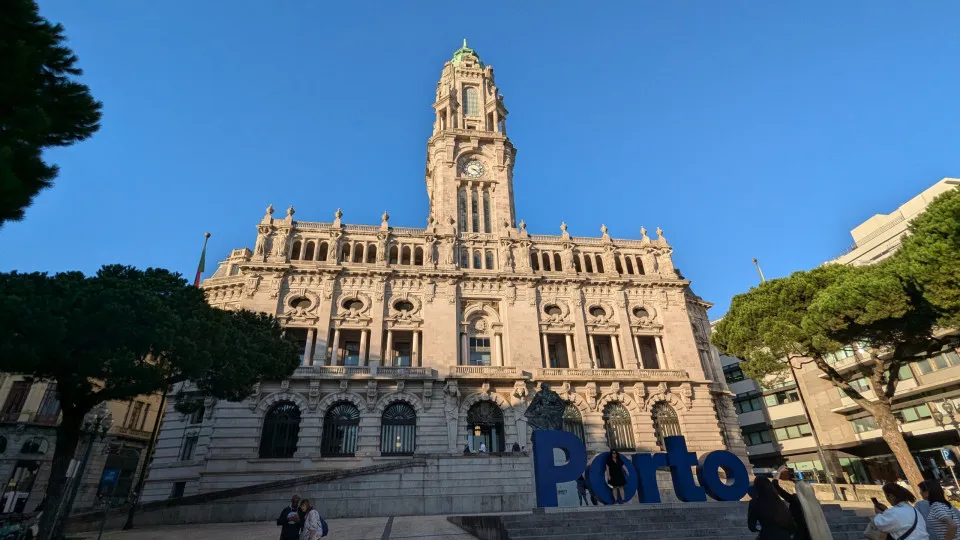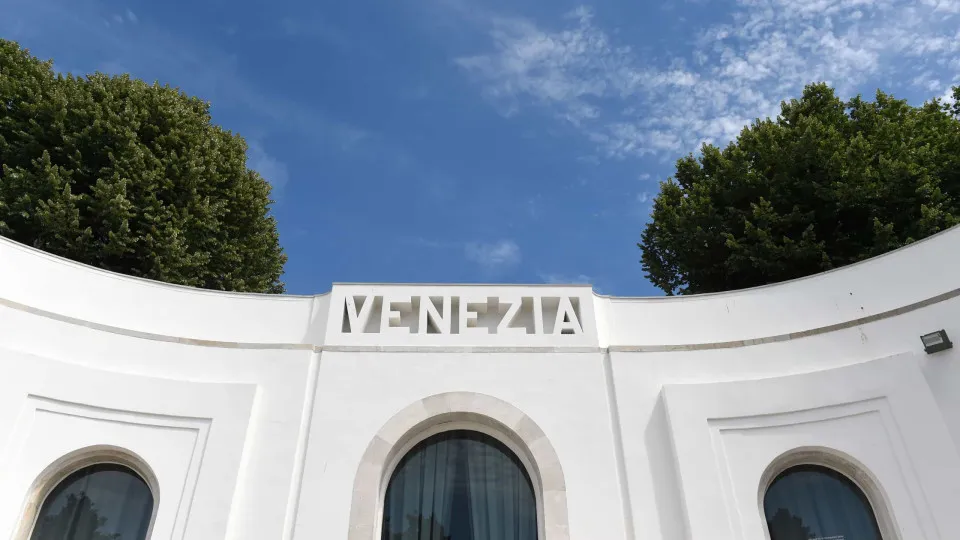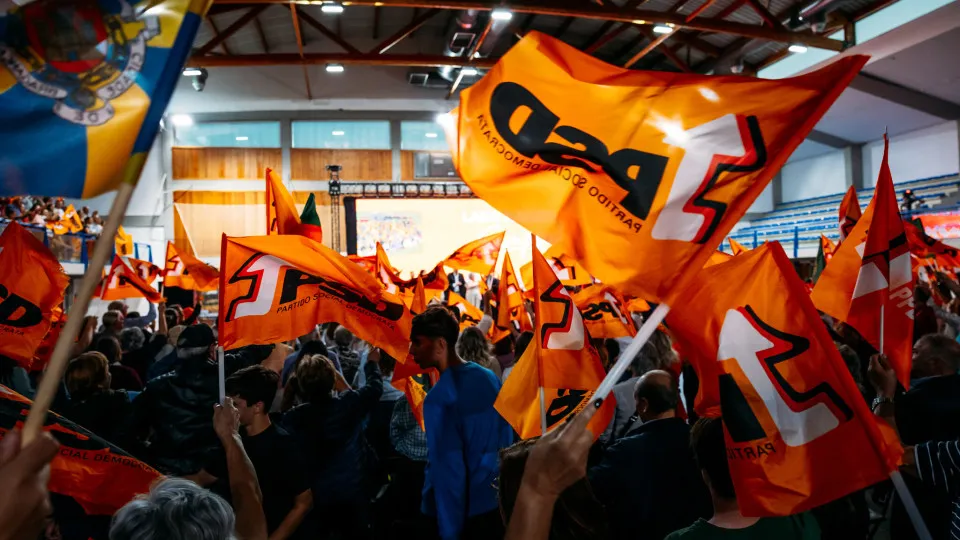
“Naturally, the outcome does not satisfy me, but it was predictable given how the democratic system is functioning,” stated Nuno Cardoso, the leading candidate of Porto Primeiro (NC/PPM coalition) for Porto’s City Hall, who even outpaced BE, receiving 2,190 votes (1.90%), more than he obtained as an independent in 2013 (1,255 votes, 1.08%).
Cardoso remarked that his team ran “a high-level campaign, at the level that Porto deserves” and addressed “issues no one else did,” expressing regret that everything is “overshadowed by the daily political noise” that “people can no longer tolerate.”
When asked if polarization played a role in the results, Cardoso agreed and noted that “people make a mistake” by resorting to “tactical voting” or choosing the “lesser evil,” ending his political ambitions after having been the city’s mayor around the turn of the century and having run for the office in two campaigns.
“It’s resolved. And I believe it is resolved forever. Because time indeed passes. I’m 63 years old. I never wanted to be a professional politician,” he emphasized, even though he had offered, in this year’s elections, to “dedicate four years” of his life to the city.
Frederico Duarte Carvalho, the head of the ADN list, noted that the party was “the first party without representation in the Assembly of the Republic” to participate in Porto’s City Hall elections (363 votes, 0.32%), excluding the NC/PPM coalition, which he considers “a crutch” of the movement led by Nuno Cardoso.
“I’m proud of having contributed to ADN’s first candidacy in Porto,” he said, also pointing to future issues for the city such as the Porto Metro, “now Metro PSD, no longer Metro PS,” the “towers issue” on Avenida Nun’Álvares, or “whether the Transparent Building will be demolished” as promised by Pedro Duarte (PSD/CDS-PP/IL), the election winner.
Regarding bipolarization, Duarte Carvalho believed it greatly influenced the results, noting that after Rui Moreira, there was “a restart with the regime parties,” remaining “watchful” to see if social democrat Pedro Duarte “will indeed have the power to stand up to Lisbon or just be a darling of his friends.”
Guilherme Alexandre Jorge, from the Volt party, registered a drop (147 votes and 0.13%) compared to 2021 (423 votes, 0.42%), commenting that “there are several reasons for this decline, including a greater polarization between PSD and PS, as it marks a cycle’s end with Rui Moreira unable to run for a fourth term.”
“Both parties were giving it their all. Simultaneously, we had Livre, a party very close to us, stronger than in previous elections and ambitiously aiming to elect its first councilor,” he noted, considering that this situation “tugged a bit at tactical voting, and those who voted for Volt were those with extremely strong convictions” in the party.
From PTP, Maria Amélia Costa (62 votes, 0.05%) attributed Pedro Duarte’s victory (PSD/CDS-PP/IL) to “the national leader’s support, which was indeed a decisive factor for the outcome achieved.”
“However, we know that next time will be different and I genuinely hope that the fight continues to make a difference for Porto, because I’m certain we would do things differently,” she remarked.
Lusa also attempted to contact Luís Tinoco Azevedo of PLS (291 votes, 0.25%), but was unable to reach him today.
The PSD/CDS-PP/IL coalition won Sunday’s municipal elections, with Pedro Duarte succeeding independent Rui Moreira as mayor.
After counting the results from Porto’s seven parishes, the PSD/CDS-PP/IL secured 37.30% of the votes and elected six councilors, while PS became the second most voted party, with 35.57% and another six elected, and Chega secured third place with 8.22% of the votes, gaining one mandate.




